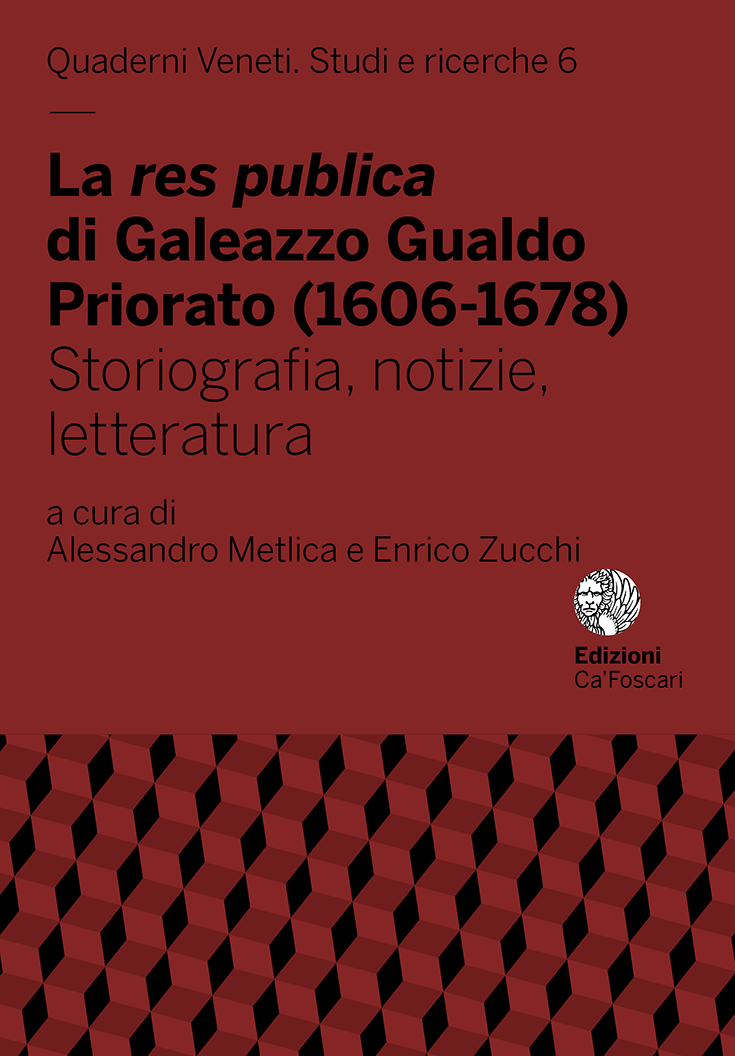- search 171 views
- file_download 12 download
- keyboard_capslock metadata
-
mark_email_readIscriviti alla newsletter
Le ‘relazioni’ e la storia. Il racconto delle Fiandre di Giovanni Botero, Emanuele Tesauro e Galeazzo Gualdo Priorato
abstract
A tangle of themes cluttered the pen of the 16th-17th-century polygraphers, but some more than others impressed them by their political urgency. This was the case with the dramatic Flanders Wars and the geo-political lacerations that religious conflicts entailed in Europe in the late 16th century and the first four decades of the following until the conclusion of the Thirty Years’ War. Giovanni Botero, author of The Reason of State but also of the Universal Relations, was among the first – in the wake of Antonio Possevino, Cesare Campana and Guido Bentivoglio – to narrate the events from a decidedly pro-Spanish perspective, yet attentive to the motivations and successes of the Dutch rebels, perceiving the harsh consequences triggered by confessional quarrels. How much could the Vicenza-born Gualdo, military man, witness and historiographer, make of this in his Historie delle guerre di Ferdinando II e Ferdinando III and in Guerriero prudente (1640)? What are the points of contact, then, with Campeggiamenti nelle Fiandre (1638) by the Jesuit Emanuele Tesauro, also a witness and historiographer in that case? Apart from palmistry comparisons, the contribution aims to grasp the close relationship between those baroque authors and their contemporary history, declined in the form of a living, fitting, reportage in fieri.
Keywords: Gualdo Priorato • Historiography • Thesaurus • Relations • Thirty Years’ War • Flanders • Botero
